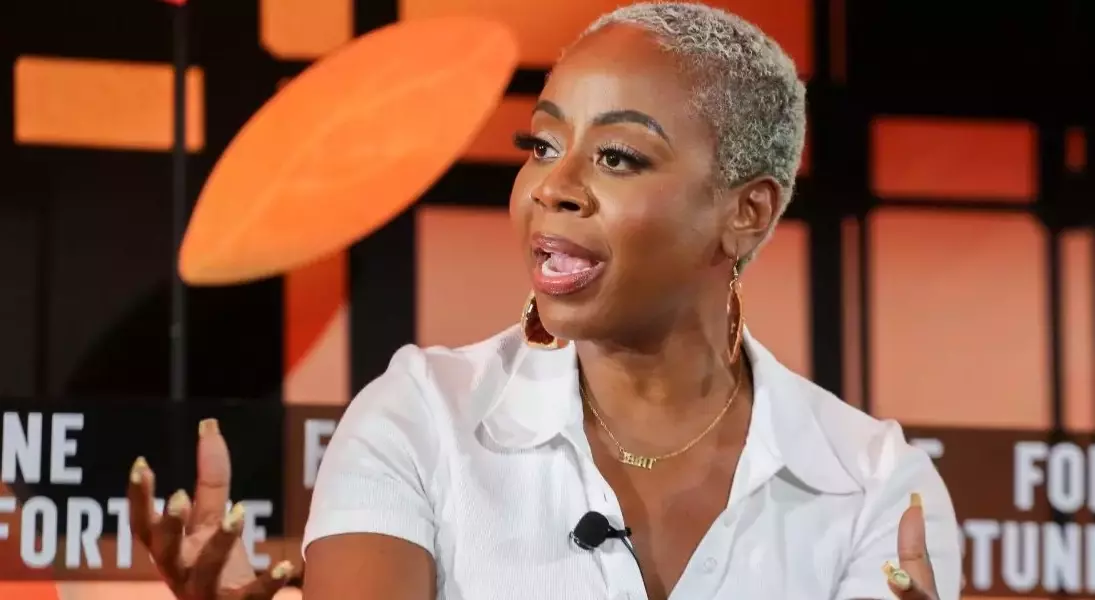Navigating the Sustainable Food Landscape: Challenges and Opportunities for Meat and Alternative Protein Businesses
The world of sustainable food production is facing a complex set of challenges, as businesses in the meat and alternative protein sectors grapple with rising costs, shifting consumer preferences, and a dwindling pool of investment capital. This article delves into the experiences of industry leaders, shedding light on the obstacles they face and the strategies they are employing to navigate these turbulent waters.Securing Funding: The Achilles' Heel of Sustainable Food Enterprises
Brent Young, the founder of the Meat Hook, a sustainable whole-animal butcher in Brooklyn, candidly shared his struggles in securing funding for his business. "Everybody loves the idea, but banks just don't want to take a big risk on that," Young said at the Fortune's Impact Initiative Conference. "It's slow money, and there's some slow money angel investors out there. But when you need a million dollars and someone is willing to lend you 10,000, it's not particularly helpful."The challenges faced by Young are not unique. Brice Klein, the co-founder and COO of Choppy, a meat alternative company selling ready-to-go meals, echoed similar sentiments. He noted that while venture capitalists have previously thrown money at alternative protein companies, many have now expressed disappointment with the products, citing a failure to meet consumer expectations.This shift in investor sentiment has had a significant impact on the industry. The amount of large funding to alternative protein startups plummeted from $2.11 billion in 2019 to just $250 million in 2023, a staggering decline. Pinky Cole, the founder and CEO of Slutty Vegan, a vegan hamburger restaurant chain, lamented the change, saying, "The storyline is that we all need money very much. Access to resources and financial resources is a lot different today than it was in 2020 and 2021. People are clutching their money more than they did before."The Changing Landscape of Consumer Preferences
Alongside the funding challenges, sustainable food businesses are also grappling with shifting consumer preferences. Sales of plant-based food in the U.S. dropped slightly from $8.2 billion in 2022 to $8.1 billion in 2023, while the percentage of households buying these products fell from 19% to 15% over the same period. Affordability and quality have become major concerns for customers, as they become more discerning in their choices.Brice Klein of Choppy acknowledged this challenge, stating, "It's hard to convince people to come back and try something that might be notably better, when they've already had a slightly soured experience." This sentiment highlights the need for sustainable food businesses to continuously innovate and improve their offerings to regain consumer trust and loyalty.The Ripple Effect of Industry Instability
The instability in the sustainable food industry has had a cascading effect, leading to the closure of several businesses. Pinky Cole of Slutty Vegan observed, "I see all of my peers closing their doors—every week there's a different vegan restaurant closing." This trend is particularly concerning, as it not only impacts the individual businesses but also the broader ecosystem of sustainable food production.Cole attributed this instability to a lack of belief in the plant-based movement among investors, particularly private equity firms and venture capitalists. "It's a hard reality, but it's because people—especially private equity firms and investors—don't honestly believe that they believe in the plant based movement like they did before," she said.Navigating the Path Forward
Despite the challenges, sustainable food businesses are not without hope. Industry leaders are exploring innovative strategies to overcome the obstacles they face. Brent Young of the Meat Hook, for instance, has turned to alternative funding sources, such as "slow money" angel investors, to support his business.Brice Klein of Choppy is focused on improving the quality and affordability of his company's products, recognizing the need to regain consumer trust and loyalty. Pinky Cole of Slutty Vegan is advocating for greater support and investment in the plant-based movement, hoping to inspire a renewed confidence among investors.As the sustainable food landscape continues to evolve, the ability of these businesses to adapt, innovate, and forge strategic partnerships will be crucial to their long-term success. By addressing the challenges head-on and capitalizing on emerging opportunities, they can pave the way for a more sustainable and resilient food system.

